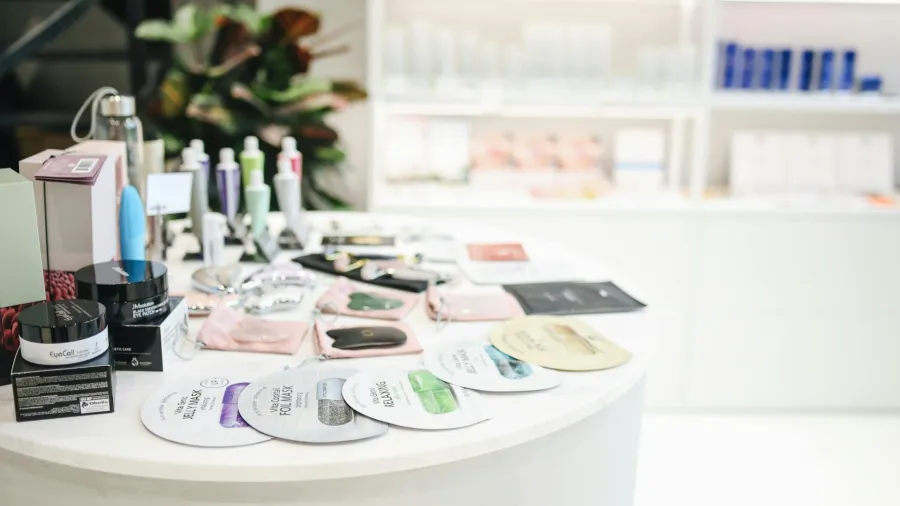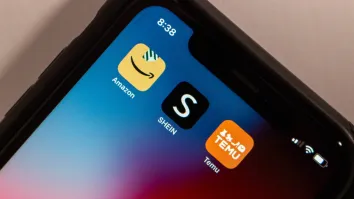
E-commerce fuels global rise of cultural beauty
Global marketplaces like Amazon dominate the industry.
Beauty traditions once confined to specific regions are now thriving worldwide, thanks to e-commerce.
In a report by Euromonitor International, French skincare, Ayurvedic beauty, and Korean skincare—once exclusive to their home markets—are now just a click away. As demand grows, cultural beauty brands are expanding into multibillion-dollar businesses.
The report noted that a decade ago, finding authentic K-beauty or J-beauty products required travel or specialty stores. Now, global marketplaces like Amazon dominate the industry, with beauty and personal care making up 70% of FMCG e-commerce sales. Amazon alone accounted for 38% of online sales for leading cultural beauty brands in 2024.
COSRX, a top Korean beauty brand, sold 72% of its e-commerce products through Amazon. Social media has further accelerated growth—#Kbeauty has over 7.7 million posts on Instagram and 1.4 million on TikTok, proving the power of user-generated content in spreading beauty trends.
Asian beauty brands, particularly from Korea and Japan, are thriving overseas. On average, home markets account for only 22% of their e-commerce sales. COSRX leads the trend, with 93% of its online sales coming from outside South Korea.
Indian beauty brands face more challenges despite a large diaspora. Forest Essentials, for example, sees only 28% of its e-commerce sales from international markets. African beauty brands, however, are gaining traction by marketing to dark-skinned consumers and leveraging unique ingredients.
Moreover, nearly half (47%) of beauty professionals report that AI has boosted customer engagement through tailored recommendations. Technologies like DNA-based skincare analysis and AI beauty advisors will further personalise beauty routines.
The report also said that e-commerce in emerging markets is also set to grow. Beauty and personal care sales in Africa, Latin America, and the Middle East reached $47b in 2024 and are expected to hit $75b by 2028.



















 Advertise
Advertise







